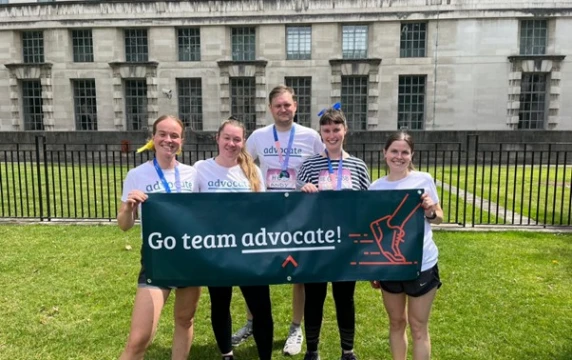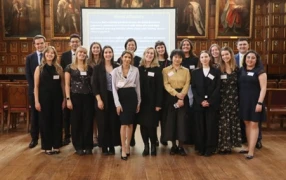Rose, a pensioner in her 70s, bought a property from Dean, a trusted acquaintance who had previously completed renovations on her home. When she bought it, she verbally agreed to let him store some tools and building materials in the rear of her garden. When she viewed the property before she bought it, there was a section of the garden fenced off and she assumed there was a shed there in which the materials would be stored. However, she later discovered that there was no shed at that time and that Dean subsequently built one without consulting her or securing planning permission.
Terrified by the thought of it being unlawful, Rose consulted a solicitor and the Leasehold Advisory Service, who told her that the shed breached her leasehold agreement and put her at risk of enforcement action being taken against her by the local authority and the building’s freeholder.
Rose contacted Dean multiple times and asked him to remove the shed but he did not reply. As a last resort, she sent a solicitor’s letter telling Dean that if he did not remove it, she would have it demolished and taken away. After hearing nothing back by the deadline given to him, she hired someone to get rid of it.
Rose decided to make an application to the small claims court to recover the costs of the demolition and removal, which were around £4,000. Dean counterclaimed for around £90,000, alleging it to be the cost of what he had stored in the shed.
Having spent her savings getting initial advice and unable to afford any more legal representation, Rose wanted to manage the small claim herself. Dean, who had a solicitor, got the small claim transferred to the County Court on the multi-track in the Royal Courts of Justice in London, based on the large value of his counterclaim.
Rose felt completely out of her depth and said: “When I started in the small claims court, I had no idea it would come to this. It just escalated beyond all my expectations.”
Rose went to Citizen’s Advice in the Royal Courts of Justice, where they helped her understand the court process and suggested she reach out to Advocate for help with representation at the hearing.
Solicitor Paul Poulter said: “Rose was clearly in need of professional legal assistance as Dean was attempting to financially ruin her with his questionable counterclaim. It was clearly a case where Rose needed a barrister to prevent what could otherwise been a ruinous outcome and Advocate were excellent at identifying Rose’s genuine need for help and finding her a very committed and highly capable barrister in Rebecca Sheldon.”
Advocate found barrister Rebecca Sheldon from Old Square Tax Chambers, who was not available for the entire time that the hearing had been listed for. When Rose was left believing that she would have to represent herself, she said: “I was really very nervous. I’m not good a speaking in front of people and think I would have lost it. I applied for a delay and was flabbergasted when they refused on the basis that I could just find another barrister.”
Although the judge would not delay the hearing (which Rose only found out the week before it was due to begin), and when another barrister was not found, Rebecca offered to appear for two days. When Rose heard that Rebecca was willing to help, she said: “I was in tears when I learned that Rebecca would help me. I was really very stressed by this time.”
Once the hearing started, it was completed in two days and the Judge dismissed the counterclaim against Rose. He ordered Dean to repay her for the demolition and the costs of launching the proceedings.
When it was over, Rose said:
“Rebecca was amazing in every respect, her professionalism, her knowledge and experience and her support throughout the whole process. I have no doubt that without her representation in court, the defendant’s counterclaim would have been successful. I still cannot quite believe that the whole nightmare of the last two and a half years has gone away.”
Rebecca said:
“I was thrilled with the result in this case, which Rose very much deserved. It was clear from the papers that her prospects of success were good, but the case had become over-complicated by the high value counterclaim and this was putting Rose under an enormous amount of stress. Rose was incredibly grateful for the assistance and I am very pleased to have had the opportunity to represent her.”






